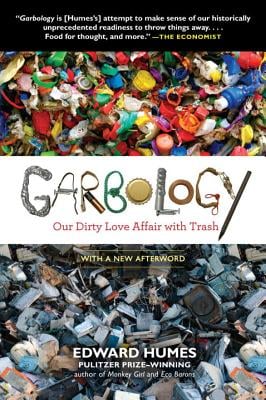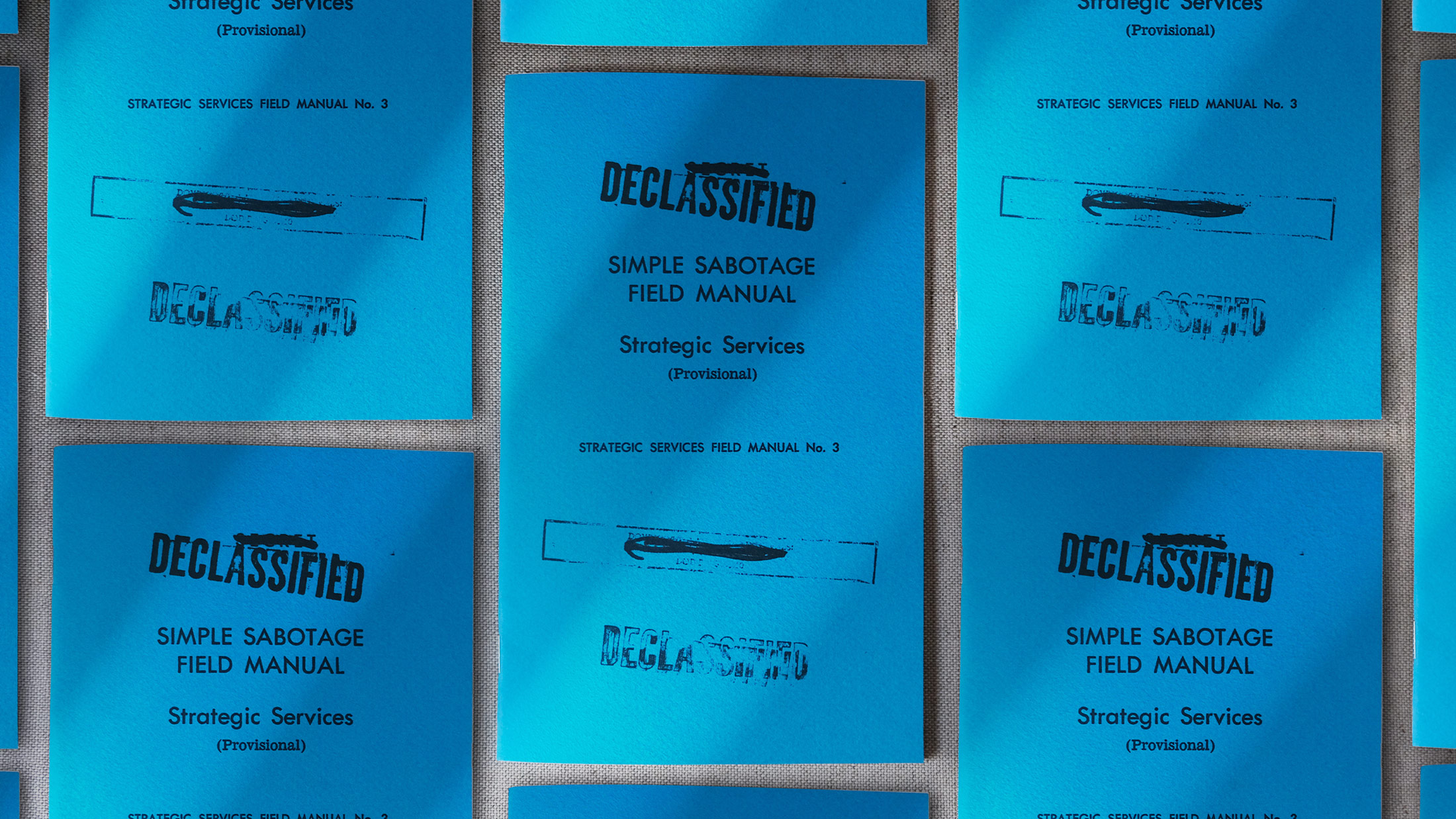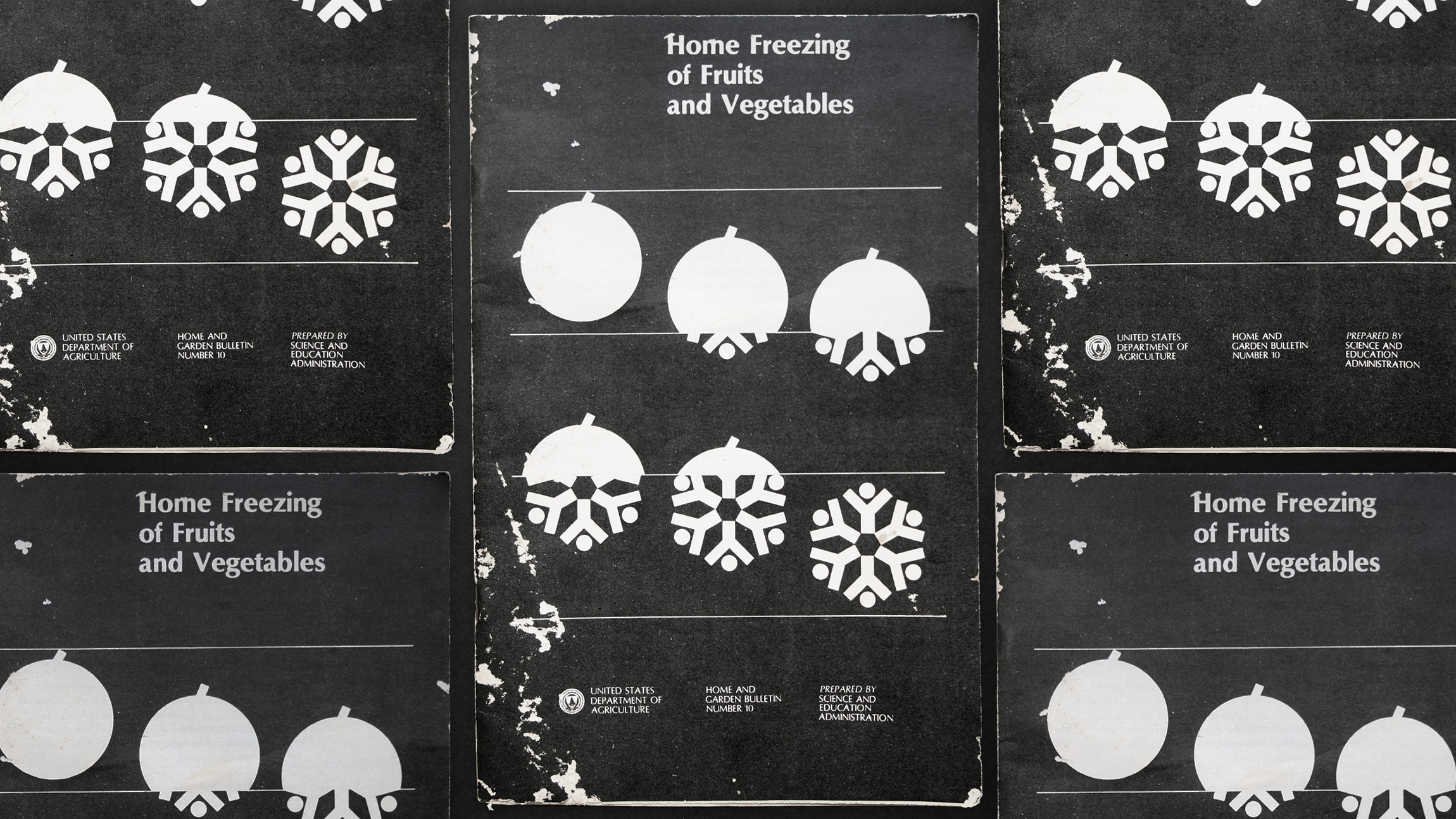| gar·bol·o·gy | noun |
Garbology is the study of trash and modern waste, focusing on its origins and serving as a major source of information on nature and human society.
This scholarly endeavor has come to be known as garbology, and practitioners of garbology are known as garbologists. The printed citation (dated 1975) in the Oxford English Dictionary for the meaning of ‘garbology’ as used here associates the term with the Garbage Project.
Rubbish! The Archaeology of Garbage by Cullen Murphy and William Rathje
Peripheral Resources
Garbology: Our Dirty Love Affair with Trash Edward Humes Rubbish!: The Archaeology of Garbage by Cullen Murphy and William RathjeSelect Examples
Garbology: ‘The study of trash and its origins’. All of the Smithsonian Institution (SI) museums in the Washington, D.C metro area participate in recycling. The National Museum of American History, the National Museum of the American Indian, and the National Museum of Natural History also participate in composting of food waste and compostable dishware. The Smithsonian’s Recycling Task Force formed in 2010 to improve waste diversion at the Smithsonian Institution. Waste diversion is the act of redirecting waste to a second use (recycling, composting) instead of sending it to a landfill. The group consists of 25 individuals, representing all of the SI museums in the Washington, D.C metro area.
Smithsonian Institution, Office of Facilities Management and Reliability (OFMR)






